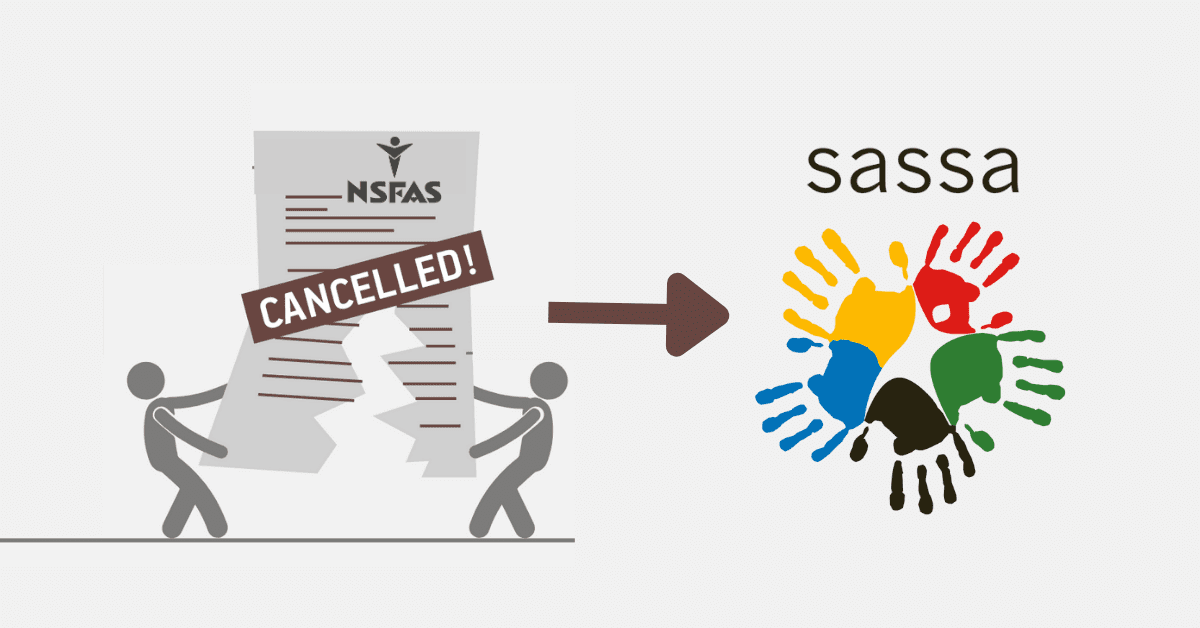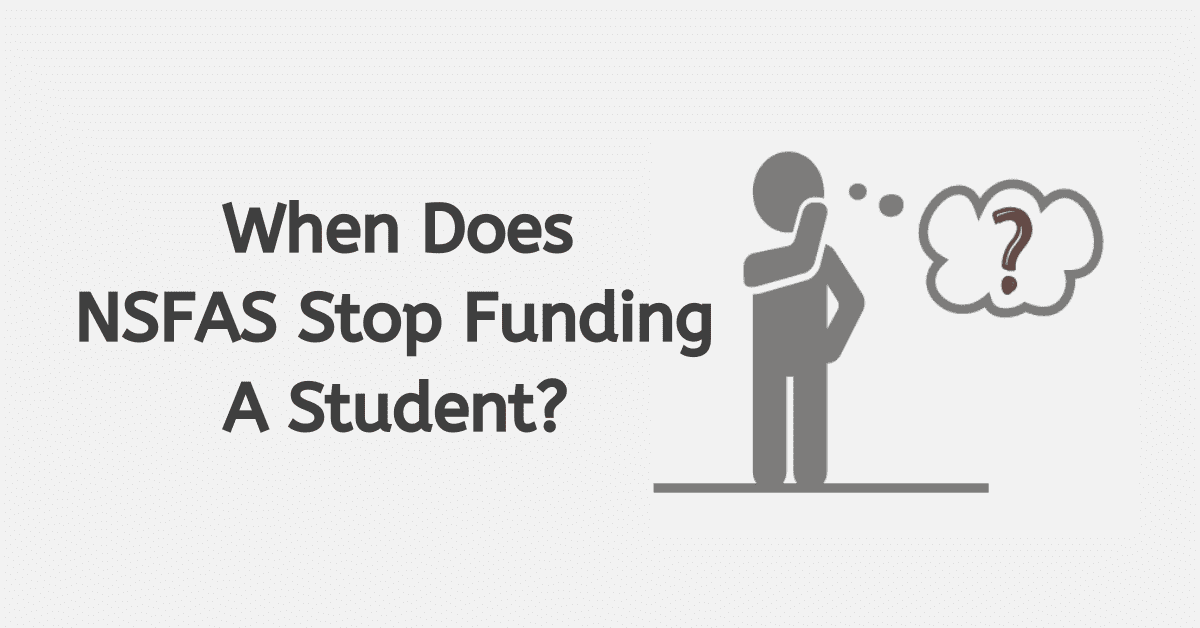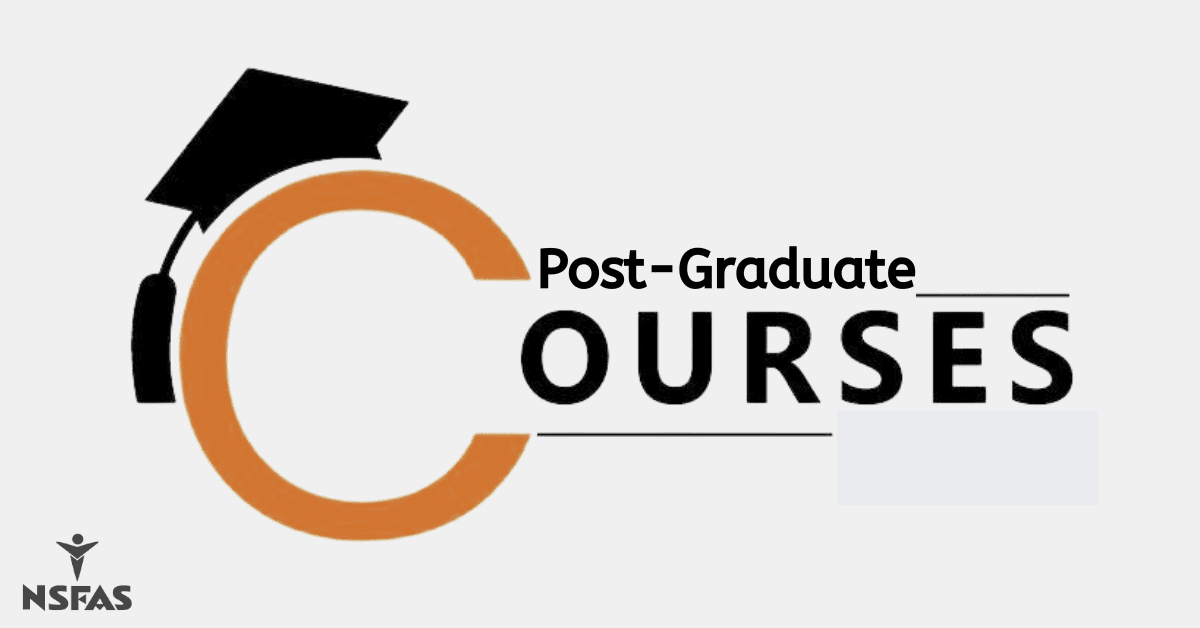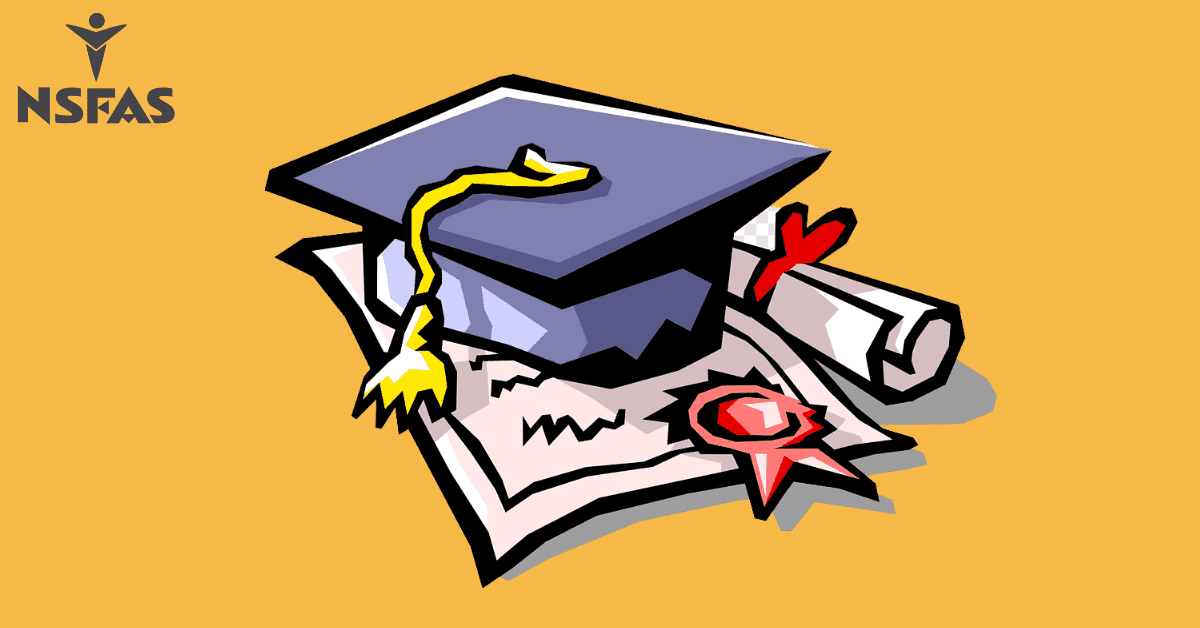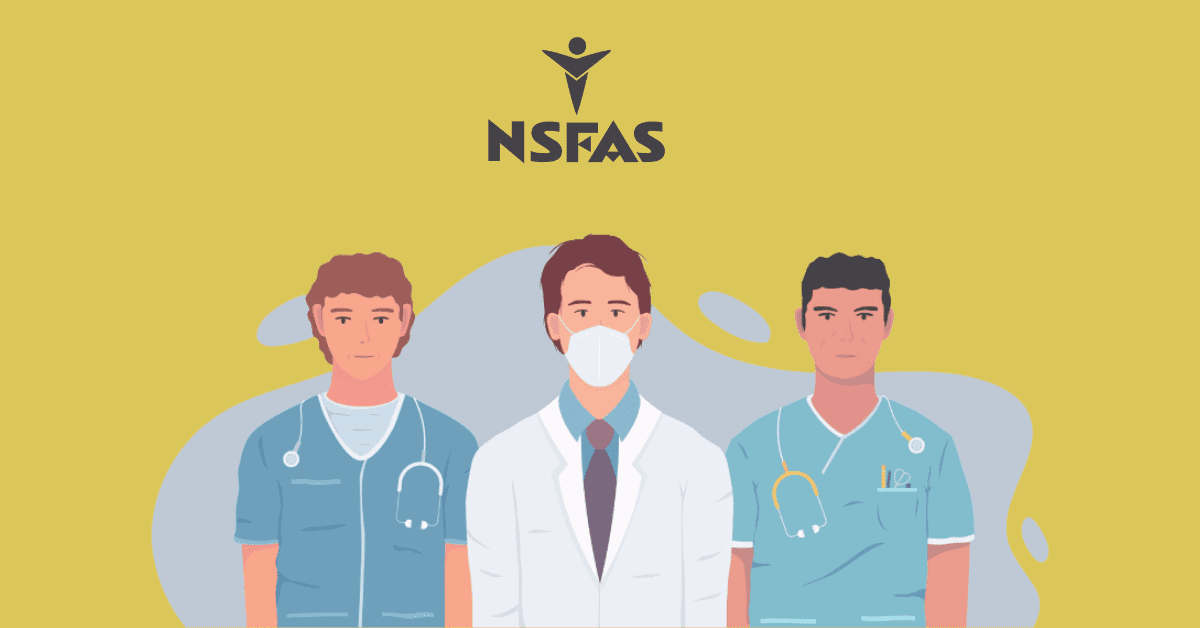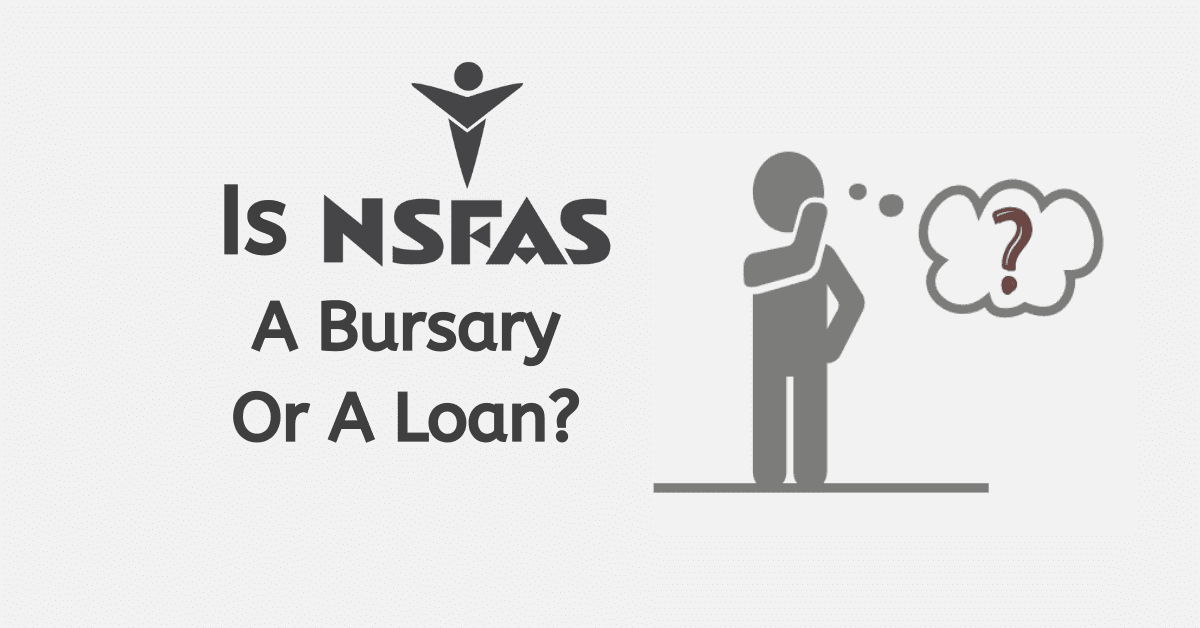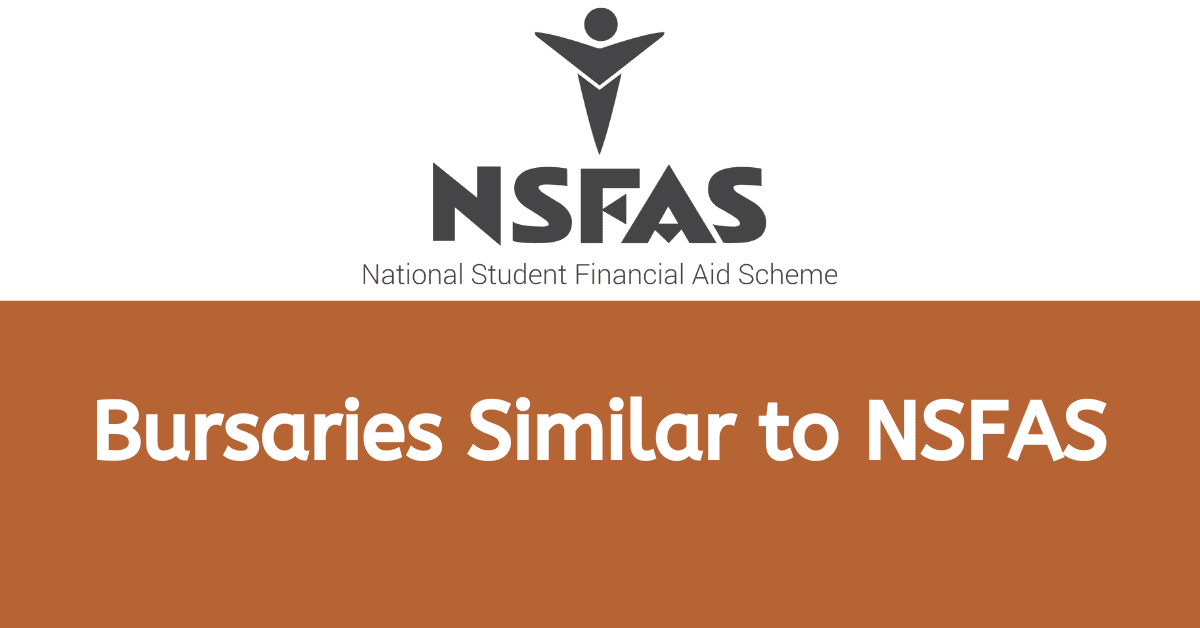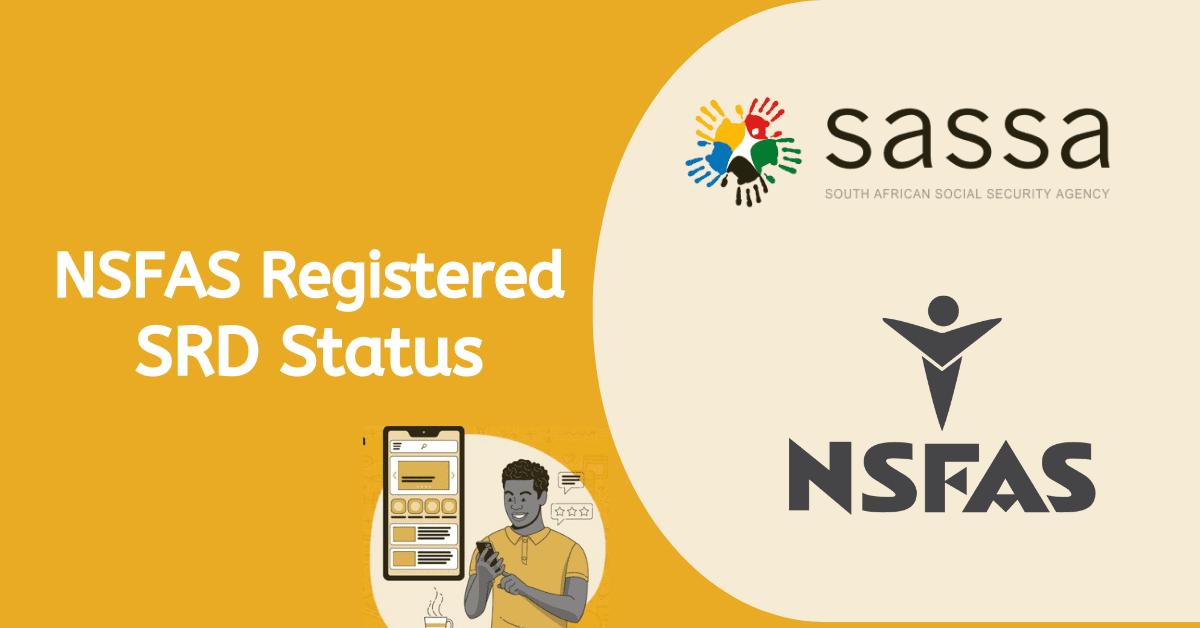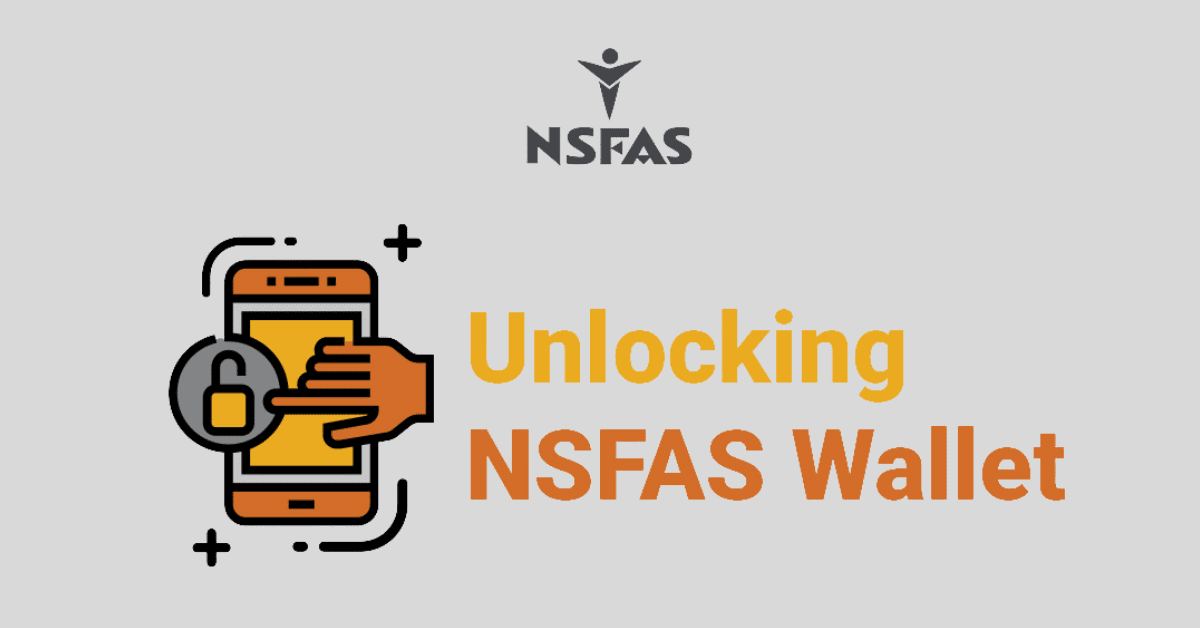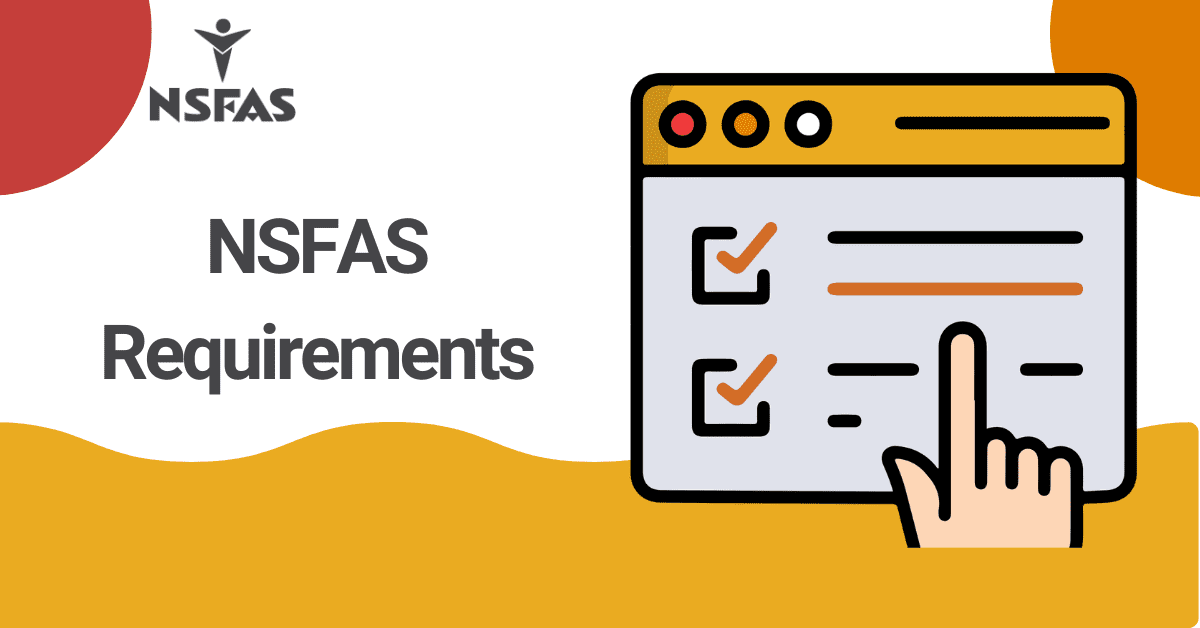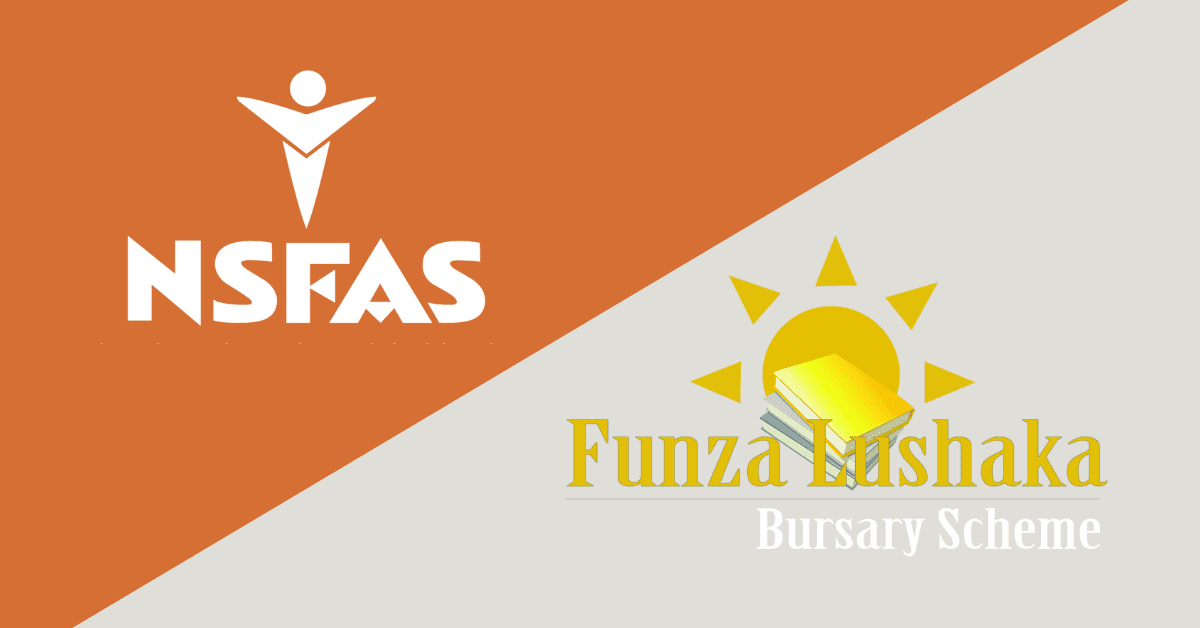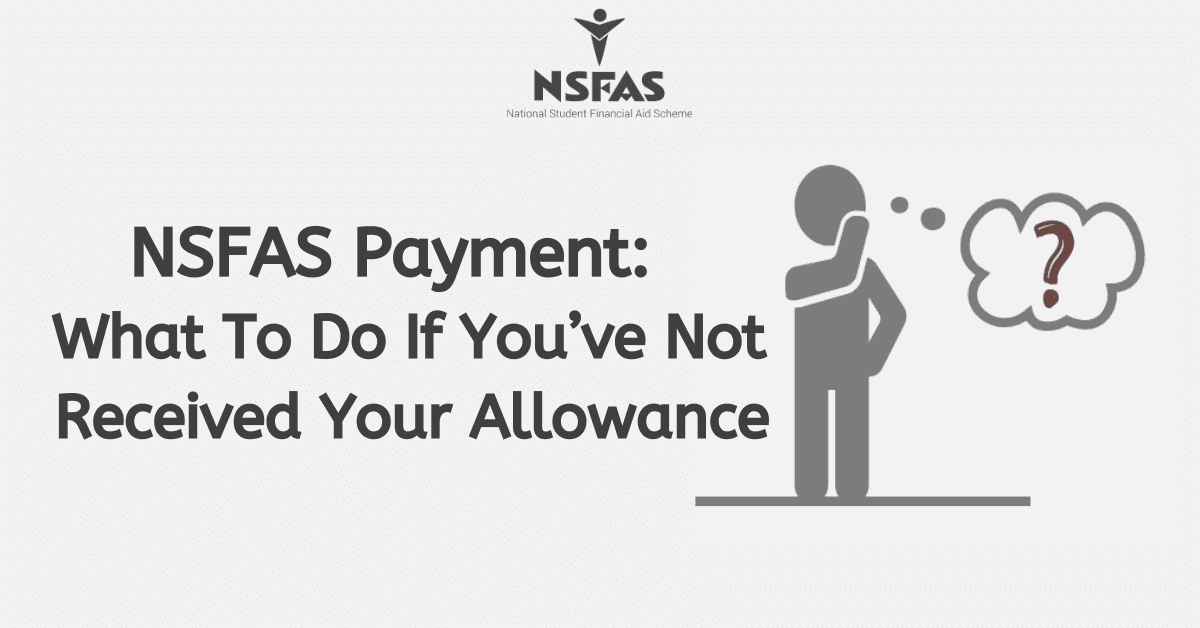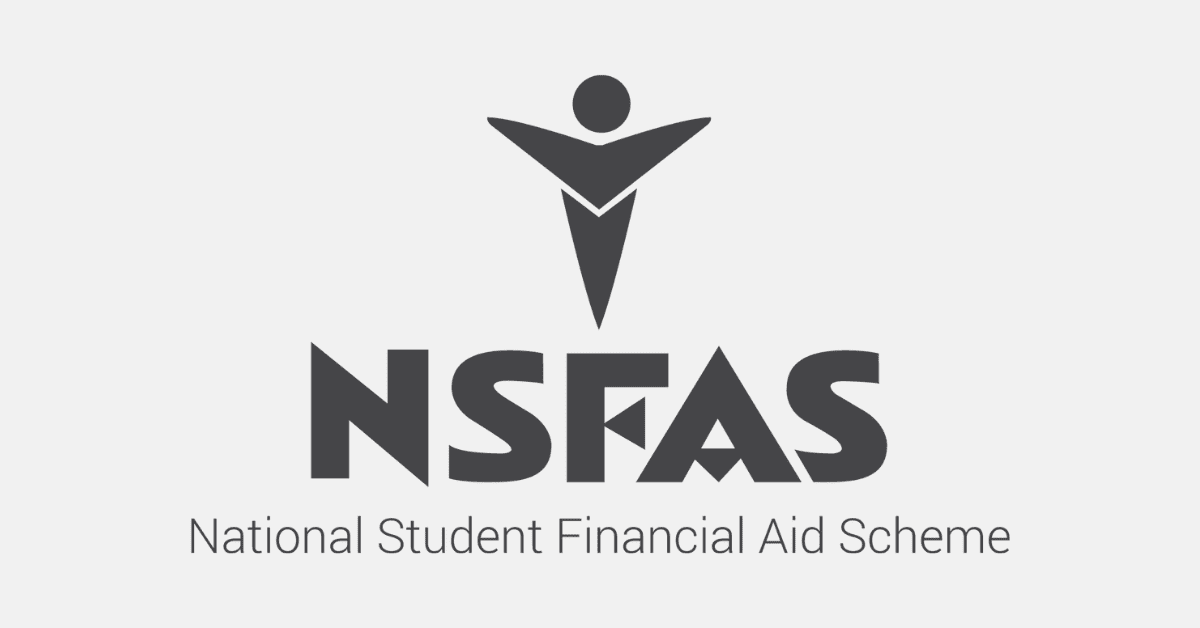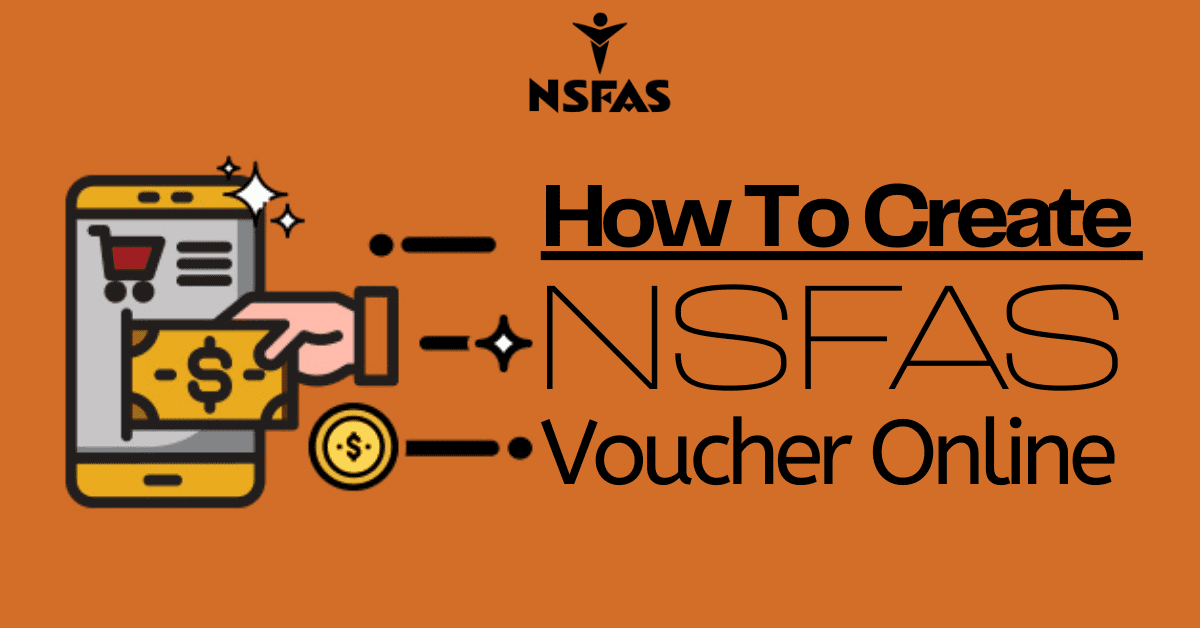The SRD grant became an important lifeline for many families under the difficult circumstances of the COVID lockdowns and is still in play in the South African social support landscape today. If you are the recipient of an SRD grant, you may be concerned about how it will impact your ability to access NSFAS funding and plan your academic future. Luckily, the social support system is not intended to punish or ‘trap’ people in poverty, so there are still options open to you to further your studies for a brighter future and still receive the temporary relief of distress grant. Here’s what you need to know.
What is the SRD Grant?
The SRD grant, or Social Relief of Distress grant, is a cash transfer program initiated by the South African government to provide short-term financial relief to individuals and households who are experiencing economic hardship. The grant was first introduced in response to the COVID-19 pandemic and its far-reaching impact on the livelihoods of many South Africans.
The SRD grant provides a monthly payment of R350 to eligible individuals for a period of up to six months. The grant is intended to provide temporary relief to individuals who are unemployed, not receiving any form of social grants or Unemployment Insurance Fund (UIF) benefit, and who do not have any other means to bring in income or receive support from others.
To be eligible for the SRD Grant, applicants must meet certain criteria, such as being a South African citizen or permanent resident, being 18 years or older, and not having an income or means of support. Applications can be made online, through WhatsApp, or via a call to the South African Social Security Agency (SASSA) toll-free number.
Do I Qualify for an SRD Grant if I already have NSFAS Funding?
No, you will not be able to qualify for the SRD grant if you are already receiving NSFAS funding. Remember, to be eligible for the SRD grant, you must meet different criteria from those the NSFAS use, such as being unemployed and not receiving any form of social grant or UIF benefit. The NSFAS funding you already receive will count as a social grant, making you unable to apply for the SRD grant. However, being the recipient of other SASSA grants will not exclude you from qualifying for the NSFAS grant. Nor will a family member receiving SRD grant money if the overall household income cap is still met.
If you are struggling financially, you should explore other options for financial assistance or support, such as seeking employment opportunities or accessing other government or community-based resources.
Can I Apply for NSFAS While Receiving an SRD Grant?
Yes, you can apply for NSFAS to fund your tertiary education while receiving an SRD grant. The eligibility criteria for NSFAS funding do not specifically exclude individuals who are receiving SRD grants from applying.
However, to be eligible for NSFAS funding, you must meet all their other criteria, such as being a South African citizen, having enrolled in an approved course of study, and meeting the financial means test. The goal of NSFAS funding is to provide financial assistance to eligible students so they can complete their tertiary studies and improve their future employment prospects.
If you receive the SRD grant, it is a sign that you may be experiencing economic hardship, which is one of the factors that NSFAS considers when determining eligibility. However, receiving the SRD grant does not automatically qualify you for NSFAS funding. It’s important to remember that the application process for NSFAS funding is completely separate from the process of applying for the SRD grant, and you will need to provide additional information to NSFAS about your financial circumstances and academic history.
It is also important to realize that once you are approved for an NSFAS bursary, your eligibility for the SRD grant will fall away. No person can receive both the R350 grant and NSFAS funding simultaneously. However, it can be a good ‘stop gap’ measure to provide you with some income relief while in the process of applying for the NSFAS bursary.
How do I qualify for NSFAS if I Get the R350 Grant?
As we looked at above, receiving the R350 SRD grant does not automatically disqualify you from applying for or being approved by NSFAS. However, to be eligible for NSFAS funding, you must meet their full set of criteria, which include:
- South African citizenship or permanent residency status
- Being enrolled or intending to enrol at a public university/TVET college in an approved course of study
- Household income of R350,000 a year or less across all family members
- Meeting the academic requirements for the chosen course of study
You must also understand that you cannot continue to receive the R350 SRD grant while receiving funding from NSFAS. Once you are approved by NSFAS, you will no longer be eligible for the SRD grant. This is not a good reason not to pursue your academic future, however! The SRD grant only provides short-term relief in extreme circumstances. The studies you complete with the help of your NSFAS bursary could set you up for a better, brighter future and better employment opportunities.
Hopefully, you now understand how to navigate applying for both sets of social relief grants in South Africa. While the SRD grant is a temporary measure to help you through times of extreme hardship, the NSFAS bursary will help you grow your academic and employment potential to better secure your future.
